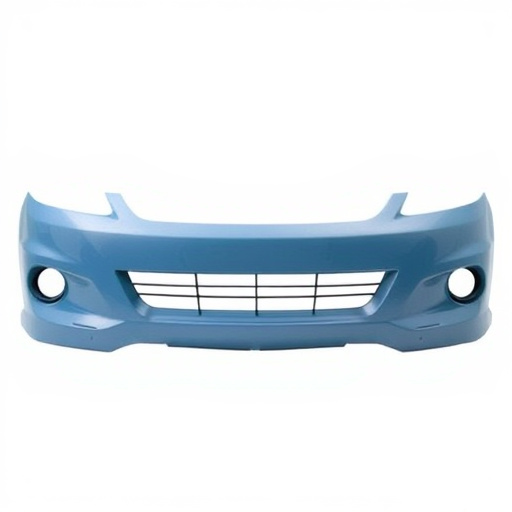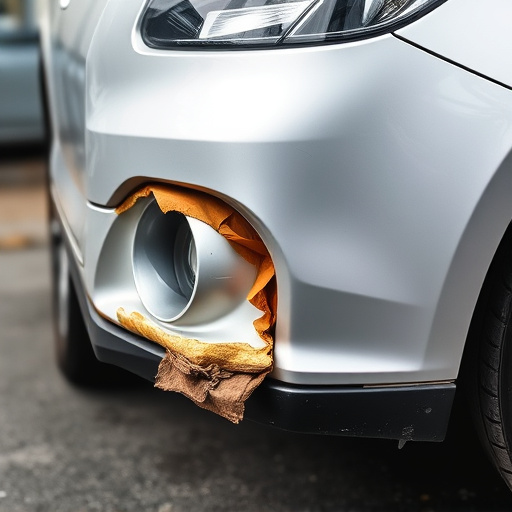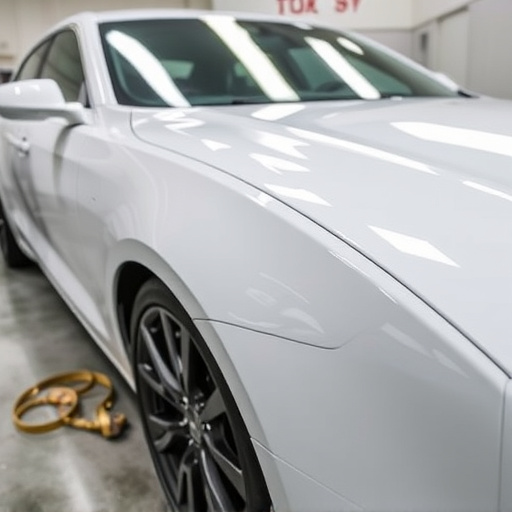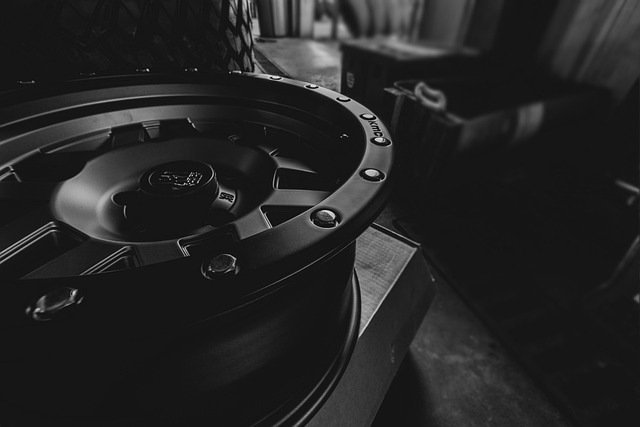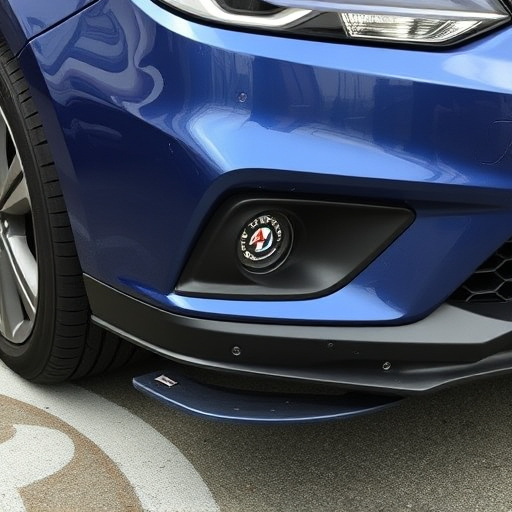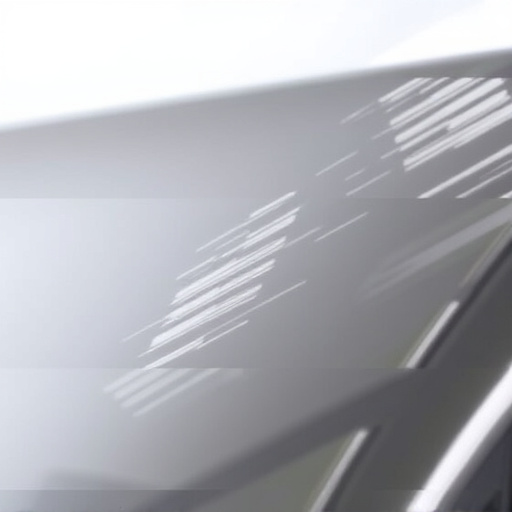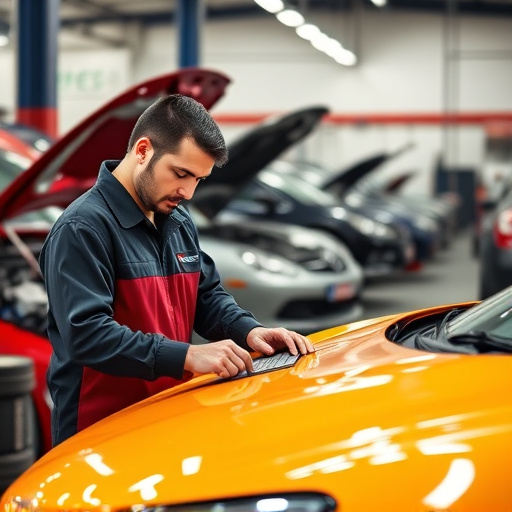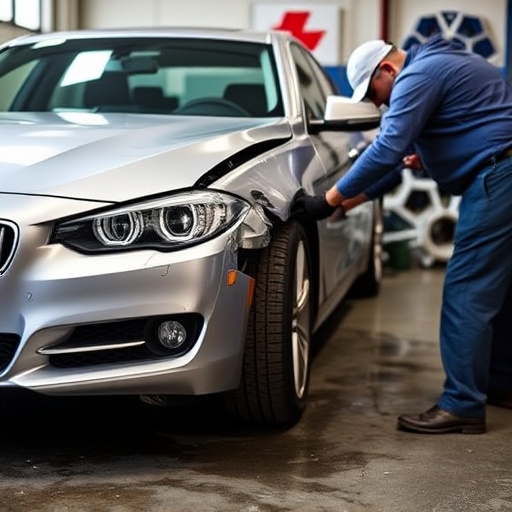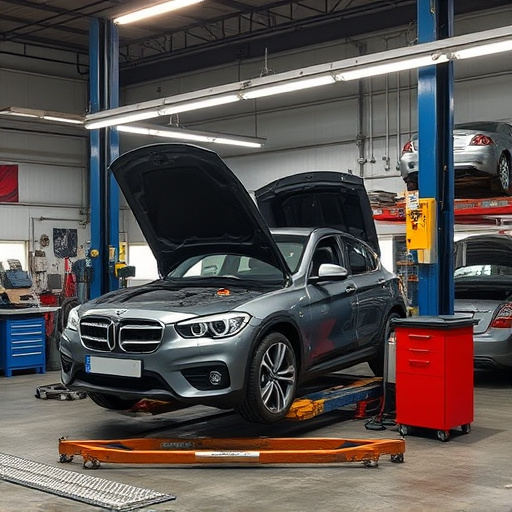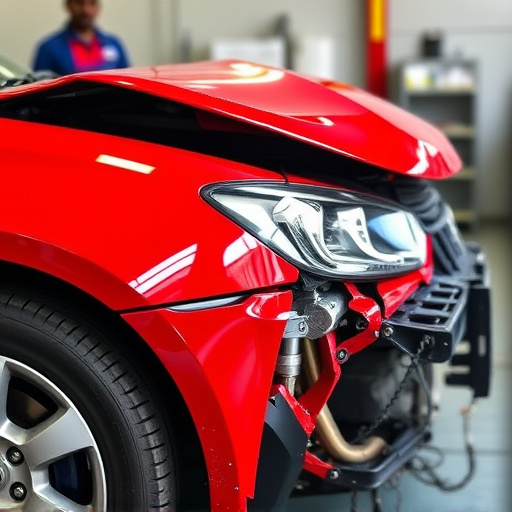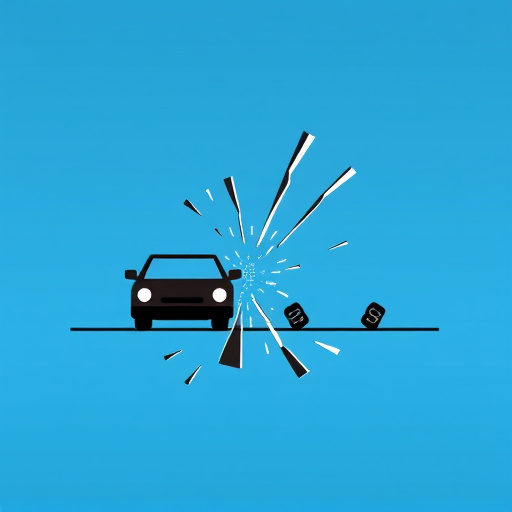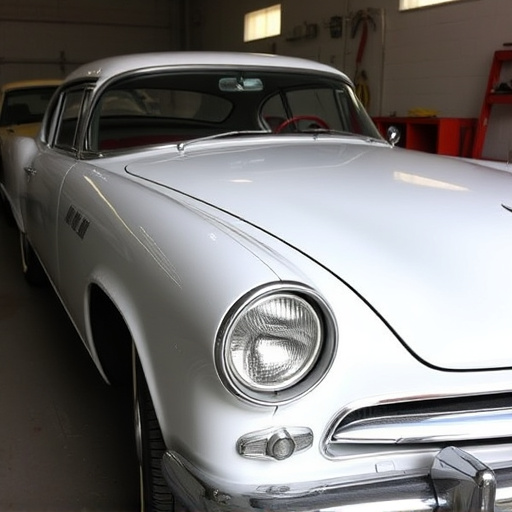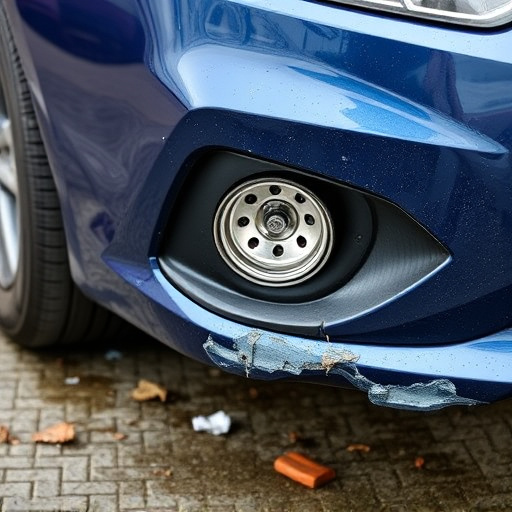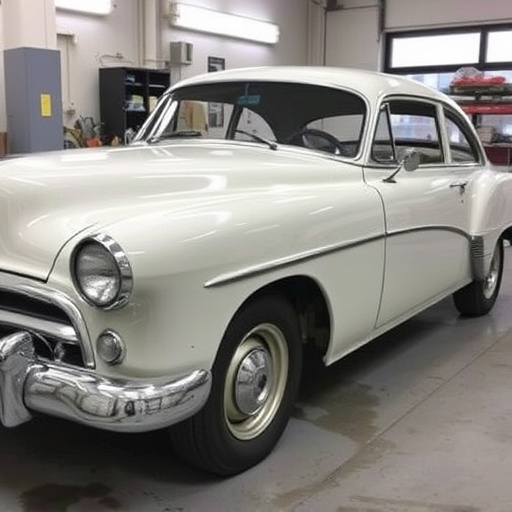Even if your car appears undamaged, a collision may cause hidden wheel alignment issues. Proper alignment is key for safe driving, optimal tire performance, and safety. Post-collision repairs should include assessing and restoring wheel alignment to ensure handling, braking, and overall vehicle stability. Regular follow-up checks every 100-200 miles are vital after any collision, especially if suspension or steering components were affected. Skilled technicians using modern techniques for "wheel alignment after collision" can restore safety and prolong tire life.
After a car collision, proper wheel alignment is crucial for safety and vehicle performance. This process ensures wheels are correctly positioned, enhancing handling and tire longevity. Understanding the importance of post-collision wheel alignment sets the stage for proactive maintenance. This article guides you through scheduling follow-up checks, offering insights on setting a suitable schedule and ensuring your vehicle receives the care it needs after alignment. Learn how to navigate this process effectively, focusing on keywords like ‘wheel alignment after collision’ for optimal searchability.
- Understanding Post-Collision Wheel Alignment
- Setting Follow-Up Check Schedule
- Ensuring Proper Care After Alignment
Understanding Post-Collision Wheel Alignment
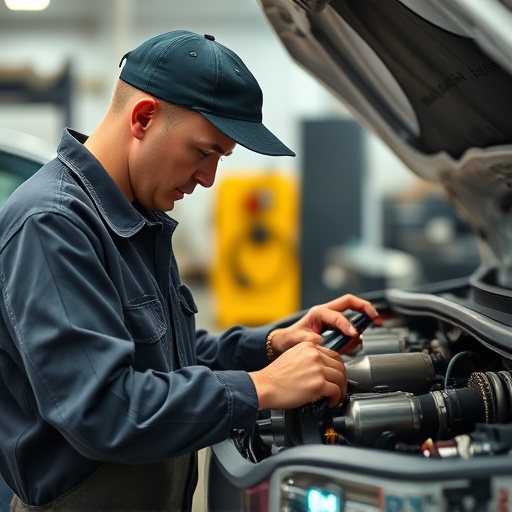
After a collision, it’s crucial to understand that even if your vehicle appears relatively undamaged, there could be underlying issues with its wheel alignment. Wheel alignment after collision is a critical step in ensuring safe and efficient driving post-accident. A collision can cause subtle yet significant misalignments in your car’s suspension system, steering components, or wheels—issues often invisible to the untrained eye.
Proper wheel alignment is essential for maintaining optimal tire performance, enhancing fuel efficiency, and prolonging tire life. It also plays a vital role in how your vehicle handles and brakes. When you engage in automotive repair after a collision, it’s not just about fixing visible dents (car dent repair) or eliminating car scratches (automotive repair). It involves a comprehensive assessment to restore proper wheel alignment, ensuring your safety on the road.
Setting Follow-Up Check Schedule
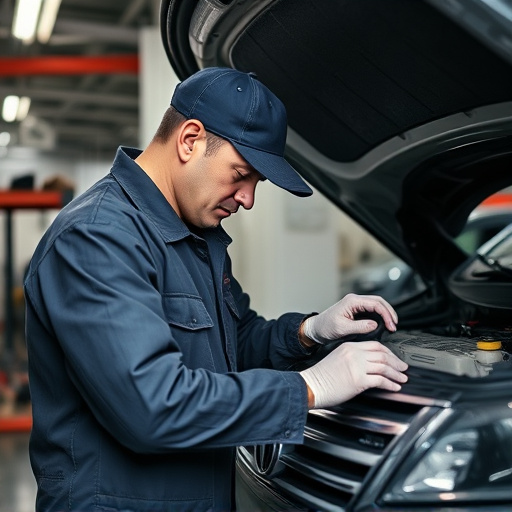
After a collision, proper wheel alignment is crucial for both safety and long-term vehicle performance. To ensure your wheels are correctly aligned post-collision, it’s important to establish a schedule for follow-up checks. Typically, these checks should be performed at regular intervals, such as every 100-200 miles (or as recommended by the vehicle manufacturer). This is especially true if the collision caused any significant damage to the suspension or steering components.
A classic car restoration or general collision repair at a reputable vehicle body shop involves meticulous attention to detail, including wheel alignment. However, due to the dynamic nature of road conditions and driving habits, regular follow-ups are essential. These checks will help maintain optimal wheel alignment, ensuring your vehicle handles smoothly, reduces uneven tire wear, and enhances overall safety on the road.
Ensuring Proper Care After Alignment
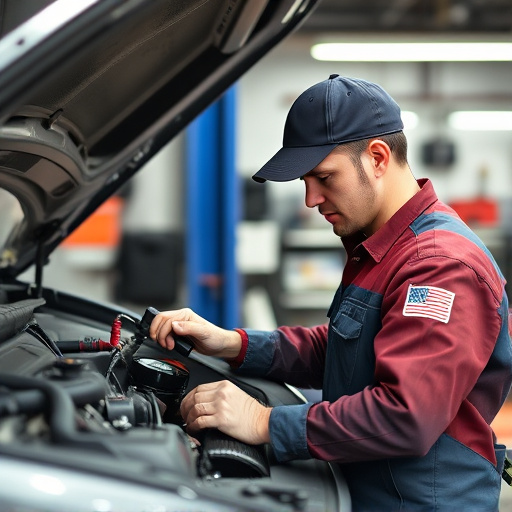
After a collision, ensuring proper care for your vehicle is paramount, especially when it comes to wheel alignment after collision. The impact of a crash can disrupt the precise geometry of your car’s suspension and wheels, which in turn affects handling, stability, and safety. A professional wheel alignment service is crucial in restoring these critical components to their original specifications.
Choosing reputable car repair services, particularly those specializing in luxury vehicle repair, ensures that your wheel alignment after collision is performed accurately and with the precision needed for modern vehicles. Skilled technicians use advanced equipment to measure and adjust each wheel’s position, ensuring a smooth ride and prolonged tire life. Regular follow-up checks are also vital to monitor any changes or issues that might arise post-alignment, especially when dealing with complex car collision repair.
After a vehicle collision, proper care and maintenance are essential. Ensuring your wheels are aligned correctly is crucial for safety and vehicle longevity. By setting regular follow-up checks, you can maintain optimal driving conditions. Remember to consult with professional mechanics who specialize in wheel alignment after collision to ensure the best results. Regularly scheduling these checks is a proactive step towards keeping your vehicle safe and reliable on the road.
